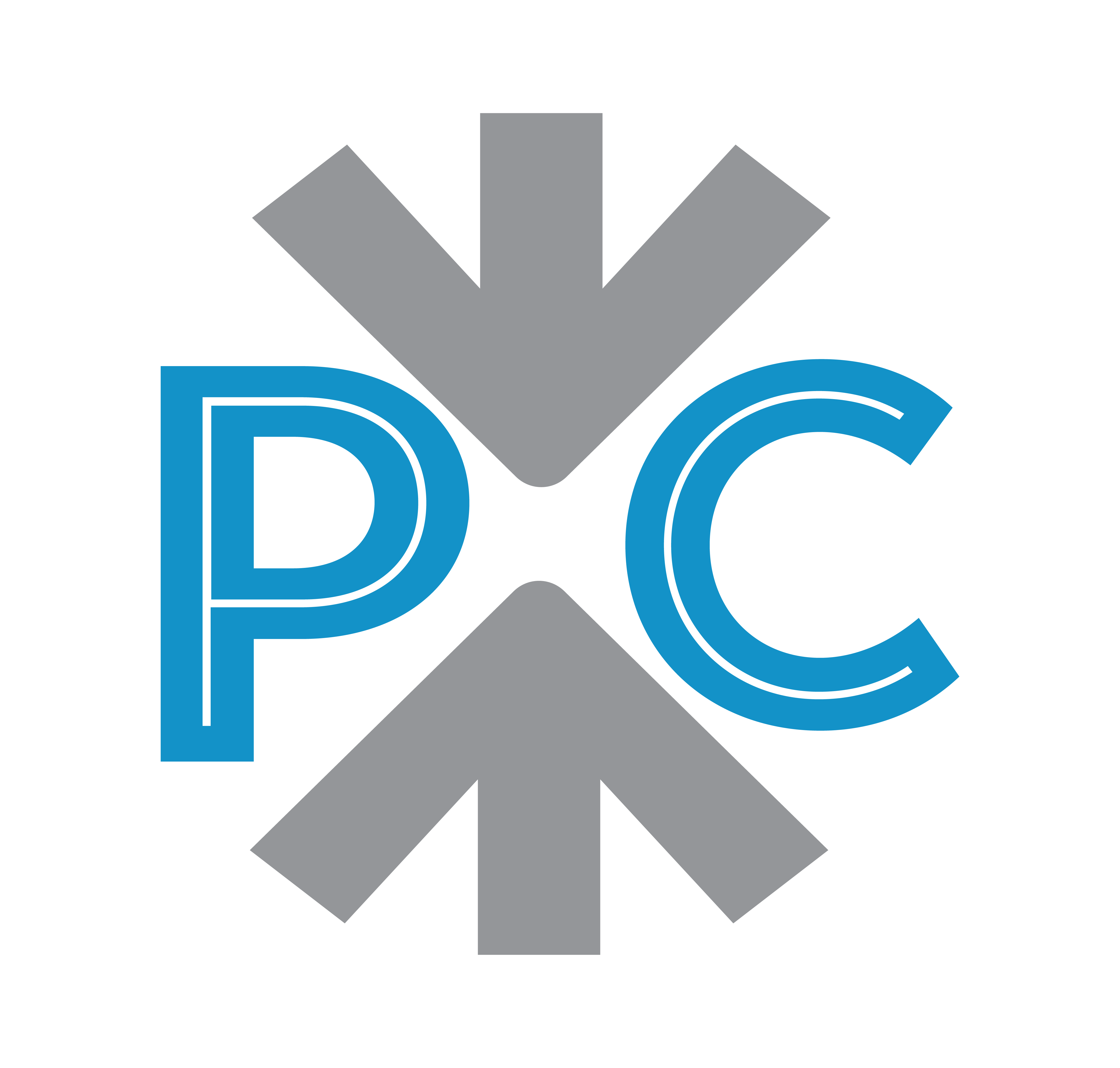Medical system management involves the strategic planning, coordination, and optimization of healthcare delivery systems to ensure the efficient and effective provision of medical services to patients. It encompasses a wide range of functions, including healthcare administration, operations management, quality assurance, and regulatory compliance, aimed at enhancing patient outcomes, improving clinical workflows, and maximizing organizational performance. Medical system managers play a crucial role in driving innovation, managing resources, and fostering collaboration among healthcare professionals to deliver high-quality, patient-centered care in today's rapidly evolving healthcare landscape.
Key Components of Medical System Management:
1. Healthcare Administration: Healthcare administrators oversee the day-to-day operations of medical facilities, including hospitals, clinics, and healthcare practices. They are responsible for managing budgets, staffing levels, and facility resources to ensure the smooth and efficient operation of healthcare services. Healthcare administrators also play a key role in strategic planning, policy development, and stakeholder engagement to support organizational growth and sustainability.
2. Operations Management: Operations managers are responsible for optimizing clinical workflows, streamlining processes, and maximizing operational efficiency within healthcare organizations. They work closely with clinical staff, IT professionals, and other stakeholders to identify opportunities for process improvement, implement best practices, and leverage technology solutions to enhance patient care delivery and minimize waste and inefficiency.
3. Quality Assurance and Patient Safety: Quality assurance professionals monitor and evaluate the quality of healthcare services provided to patients, ensuring that they meet established standards of care and regulatory requirements. They develop quality improvement initiatives, conduct performance evaluations, and analyse clinical data to identify areas for improvement and implement corrective actions to enhance patient safety and satisfaction.
4. Information Technology (IT) Systems: IT professionals play a critical role in managing healthcare information systems, electronic health records (EHRs), and other technology solutions to support clinical decision-making, streamline administrative processes, and improve patient outcomes. They ensure the security, interoperability, and usability of IT systems while adhering to regulatory requirements and industry standards.
5. Regulatory Compliance: Regulatory compliance specialists monitor and ensure compliance with healthcare regulations, accreditation standards, and industry guidelines to mitigate legal and financial risks and uphold patient rights and privacy. They stay abreast of regulatory changes, conduct audits, and provide training and education to healthcare staff to promote adherence to compliance requirements and best practices.
Value Proposition:
- Patient- Centered Care: Medical system management focuses on optimizing healthcare delivery systems to prioritize patient needs, preferences, and outcomes, ensuring that patients receive high-quality, personalized care that meets their unique healthcare needs.
- Operational Efficiency: By streamlining processes, leveraging technology solutions, and implementing best practices, medical system management helps healthcare organizations operate more efficiently, reduce costs, and improve resource utilization, ultimately enhancing the overall effectiveness of healthcare services.
- Clinical Quality and Safety: Through quality assurance initiatives, patient safety protocols, and regulatory compliance measures, medical system management ensures that healthcare services are delivered safely, effectively, and in accordance with established standards of care, leading to improved clinical outcomes and patient satisfaction.
- Strategic Planning and Innovation: Medical system managers play a strategic role in driving innovation, fostering collaboration, and adapting to evolving healthcare trends and challenges. They identify opportunities for improvement, develop strategic initiatives, and implement innovative solutions to address current and future healthcare needs and challenges.
In summary, medical system management plays a vital role in optimizing healthcare delivery systems, improving patient outcomes, and enhancing the overall quality and effectiveness of healthcare services. By leveraging expertise in healthcare administration, operations management, quality assurance, and regulatory compliance, medical system managers empower healthcare organizations to deliver high-quality, patient-centered care in today's complex and dynamic healthcare environment.


